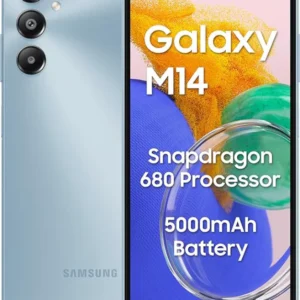4G
Understanding 4G Technology
4G, or fourth-generation wireless technology, represents a leap forward from its predecessors like 3G. It delivers faster data transmission speeds, improved voice quality, and better network reliability. This advancement has paved the way for seamless streaming, high-quality video calls, and faster downloads on mobile devices.
Empowering Mobile Connectivity
One of the standout features of 4G is its ability to empower mobile connectivity. With 4G networks, users can experience smoother internet browsing, quicker access to multimedia content, and efficient app usage on smartphones and tablets. This has led to a surge in mobile usage for tasks ranging from entertainment to productivity.
Enhancing Digital Experiences
The impact of 4G extends beyond basic connectivity to enhancing digital experiences. Streaming services like video-on-demand platforms and live sports streaming have flourished, thanks to the high-speed and reliable 4G networks. Users can enjoy HD content without buffering, creating a more immersive entertainment experience.
Fueling E-commerce and Social Networking
The rise of 4G has also fueled the growth of e-commerce and social networking platforms. Faster internet speeds enable seamless online shopping experiences, quick social media updates, and real-time interactions with friends and family. This has transformed how we shop, connect, and stay informed in the digital age.
Driving Business Innovation
Businesses have embraced 4G technology to drive innovation and improve efficiency. Mobile workforce solutions, cloud-based services, and digital marketing strategies have flourished due to the reliable connectivity offered by 4G networks. This has facilitated remote work, streamlined operations, and enhanced customer engagement.
Looking Ahead: The Future of Connectivity
While 4G has undoubtedly reshaped our digital landscape, the focus is now shifting towards 5G technology and its potential to deliver even faster speeds, lower latency, and broader connectivity. However, 4G will continue to play a vital role, especially in regions where 5G infrastructure is still developing.
In conclusion, 4G technology has been a driving force behind enhanced connectivity, mobile empowerment, and digital innovation. Its impact on communication, entertainment, commerce, and business operations has been profound, setting the stage for a more connected and dynamic future.
Showing the single result


